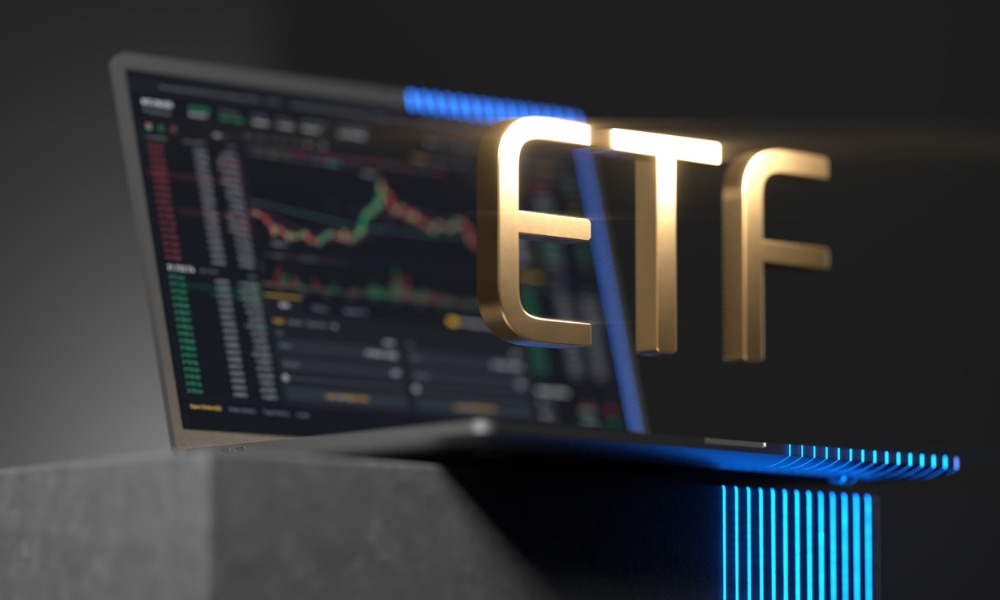ETF sticks to 'sell in May and go away' mantra despite COVID-19, forecasting seasonally typical six months ahead

The coronavirus hit the stock market like a wrecking ball and volatility is ongoing. But wild swings and a global pandemic do not mean seasonal trends go out the window, according to Brooke Thackray.
The Horizons ETFs’ research analyst’s strategy informs the Horizons Seasonal Rotation ETF (HAC), which has about $250 million AUM and an average return of 6.46% since its inception in November, 2009.
It adheres to the old adage “sell in May and go away” and has, therefore, substantially reduced its exposure to equities. Historically, the stock market does not perform as well in the next six months as it has in the past six and so, just as in previous years, Thackray will oversee a more defensive seasonal move.
While this year is an exception because of COVID-19, Thackray told WP that doesn't mean the stock market will break all seasonal tendencies and suddenly be strong over the next six-month period.
“Typically, you don't see large rallies over the next six months unless you're coming off a recession,” he said. “This is the time to be cautious in the stock market from a seasonal perspective.
“As far as the narrative and the fundamentals go with the market, this rally is being Fed driven right now and it’ll become a reopen rally where everybody's anticipating positive results, with all the narrative that goes along with that. But it can't keep going at the same pace, otherwise we’ll end up having the stock market at record highs when we have 20% unemployment, which would be one for the record books.”
Thackray defines the unfavourable period as being from May 6 until October 27. The fund will still have equity exposure to sectors within this period – like biotech, gold and utilities, for example – but he said making a big bet on the overall broad indices doesn't make sense at this time on a seasonal basis. He expects the fund to be totally out of broad indices at certain points over the next few months.
HAC is about 55% in equities right now and will typically go under 50% during May, while at times in the past it has gone down to 20%. There are seasonal opportunities within the next six months, however, with the June and July earnings season the biggest example. The fund could move to 100% equities for this period if the technicals line up. Overall, however, the fund will follow its seasonal mandate.
Thackray said: “On a risk-reward relationship, sure, the market can go higher [over the next six months] but it's not worth the risk because there's more downside at this point on a seasonal basis. And quite frankly, the fundamentals and technicals are also pointing that way as well, so it's not just seasonal. That's how we run the fund.”
He added: “This tends to be the weakest time for the economy anyhow – and also for the stock market. This isn’t the time to be a hero as far as trying to get greedy with returns from our perspective.”
Since the 1950s, this period has been negative for stocks, while even during the recent 10-year bull market, in eight years the past six months were stronger. For the next period, the fund’s emphasis is on capturing sectors that seasonally tend to do well and when those sectors aren’t performing, the fund will exit. Fundamentally, though, it sticks to its seasonal discipline.
“I can't tell you what's going to happen but we're not going to substantially change our mandate,” he said. “For example, when the stock market was dropping down in February and March, we didn't go to 100% cash because we have that mandate to be substantially invested at that time. Likewise, our mandate is not to be substantially in equity investment over the next three months or six months. There might be some dislocations but we make those adjustments as we go.”
Thackray expects the market to be stop-start over the next few months, especially as he believes we’ve already seen the rally and retraced more than 60% of the drop for the S&P 500.
“I don’t think that it's going to be a case of, ‘this time is different’. I still think we’re going to be following that six-month trend where we're going to see the market sputter around a bit. But I don't see any large returns over the next six months.”



